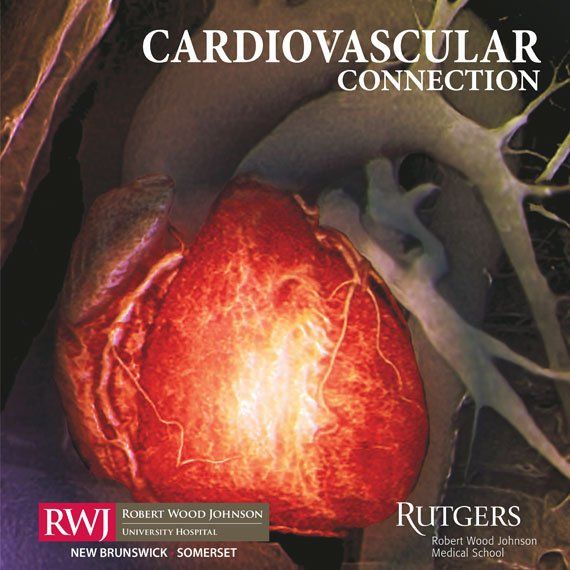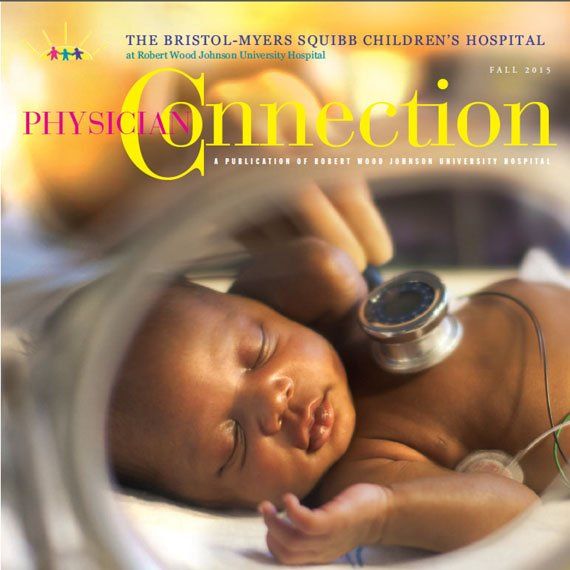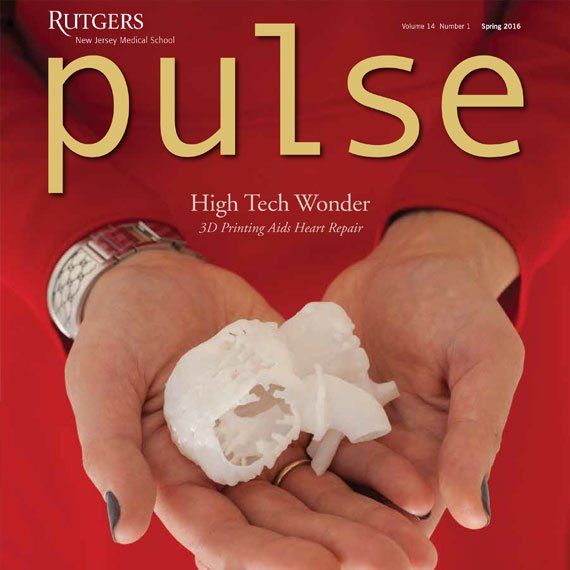Why Crying Is Good for You

I cry easily at happy, sad or any kind of emotional occasion. Last Monday, all three of my grandchildren cried at different points during what was actually a wonderful day. From a sibling squabble between Finn, 5, and Charlotte, almost 4, to the emotional frustration experienced by their cousin Evie at 2, the tears fell. I often beat myself up about how easily my tears show up. My older sister reminds me that when I cry I lose all my power. Damn those tears! Or maybe not?
To deal with my brilliant, beautiful pre-schoolers’ tears, I tried various approaches. Logic, comfort, hugs, kisses, empathy, ignoring the behavior and maybe worst of all, trying to talk them out of legitimate feelings. Everyone, no matter what age, has a right to his or her own emotions. The worst thing you can do is tell someone that what he or she is feeling is wrong or unimportant.
So I went looking for research on crying and stumbled upon a wonderful Swiss-American developmental psychologist, Aletha Solter, PhD , who studied with Jean Piaget in Switzerland before earning her PhD in psychology at the University of California, Santa Barbara. Author of five books on parenting, Dr. Solter runs The Aware Parenting Institute, www.awareparenting.com.
“Much of the advice in parenting books is based on the assumption that crying and temper tantrums are behaviors that should be discouraged,” Solter says. In fact, there is so much contradictory advice out there about crying that parents and grandmothers like myself wonder: Should we “comfort, ignore, distract, punish, ‘give in’ or listen empathetically?” As a crier myself, I was glad to read that Solter believes “crying is an important and beneficial physiological process that helps people of all ages cope with stress.”

In fact, a biochemist in Minnesota, Dr. William Frey, has found the stress hormone, ACTH, in tears and suggests that emotional crying may actually be a way to remove this waste product from the body. Frey believes, “We may increase our susceptibility to physical and psychological problems when we suppress tears….Crying not only removes toxins but also reduces tension.” When patients cry in therapy sessions, lower blood pressure, pulse rate, and body temperature immediately follow.
So why do we think tears are so bad? Solter says our well-meaning parents, caregivers, teachers and everyone told us so, sometimes with kind words, “There, there, don’t cry.” But sometimes not so kindly, “If you don’t stop crying, I’ll give you something to cry about.” All the early conditioning to suppress our tears and outright praise for not crying were actually terrible ideas. Go ahead and cry.




















